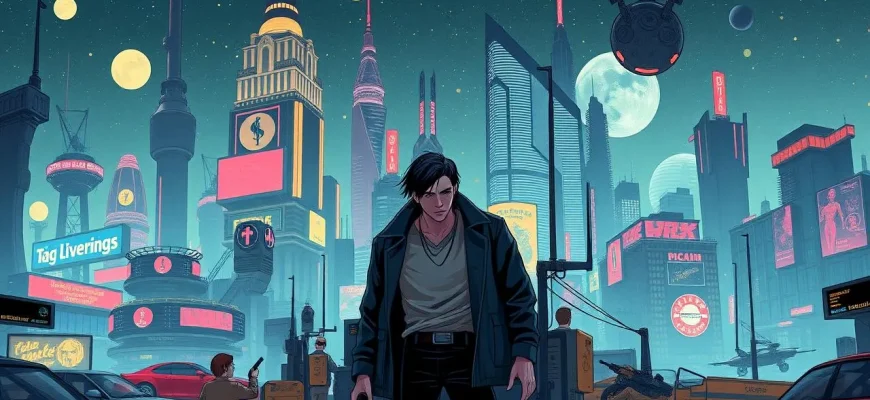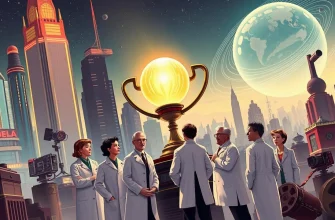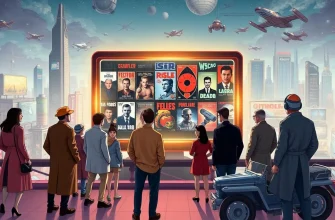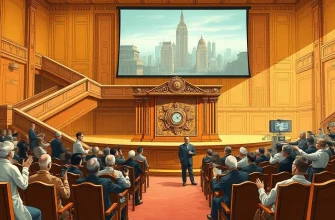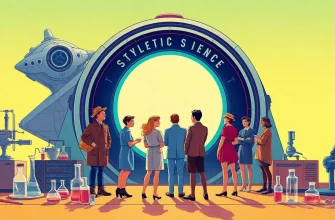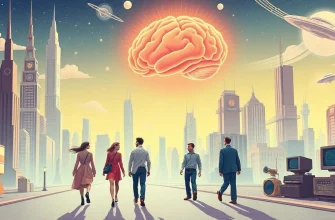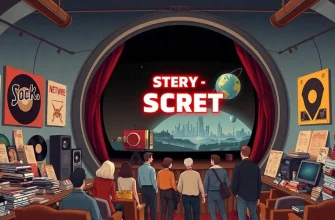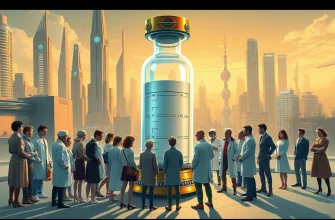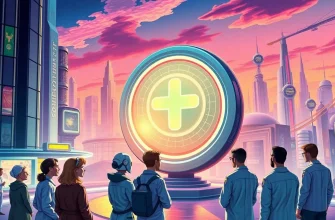Fancy a cinematic journey where science fiction meets the world of pharmaceuticals? This curated list of 10 films delves into the fascinating realm where drugs, both legal and illicit, become the catalysts for extraordinary events. From mind-altering substances to life-saving elixirs, these films explore the ethical, societal, and personal implications of drug use in a futuristic setting. Whether you're a fan of dystopian futures, mind-bending realities, or just love a good sci-fi yarn, this collection promises to entertain and provoke thought in equal measure.
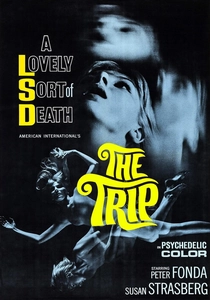
The Trip (1967)
Description: This film follows a television commercial director who takes LSD for the first time, leading to a series of psychedelic experiences that challenge his perceptions of reality.
Fact: The film was directed by Roger Corman, known for his low-budget exploitation films, and it was one of the first to depict an LSD trip in detail.
 Watch Now
Watch Now
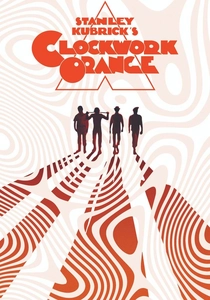
A Clockwork Orange (1971)
Description: Stanley Kubrick's adaptation of Anthony Burgess' novel features the use of the Ludovico Technique, a form of aversion therapy using drugs to condition the protagonist against violence, exploring themes of free will and control.
Fact: Kubrick removed the last chapter of the book from the film, altering the story's ending significantly. The film was banned in several countries due to its violent content.
 Watch Now
Watch Now
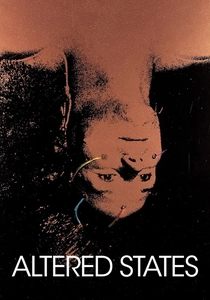
Altered States (1980)
Description: A scientist experiments with sensory deprivation tanks and hallucinogenic drugs to explore altered states of consciousness, leading to bizarre physical transformations and existential questions.
Fact: The film was based on the novel by Paddy Chayefsky, who also wrote the screenplay. The film's director, Ken Russell, was known for his visually extravagant style, which perfectly complemented the film's trippy narrative.
 Watch Now
Watch Now

The Matrix (1999)
Description: While not explicitly about drugs, the red pill/blue pill choice in "The Matrix" has become a cultural metaphor for choosing between harsh reality and blissful ignorance, akin to drug-induced states of consciousness.
Fact: The Wachowskis wrote the script in 1994, but it took five years to get the film made due to its groundbreaking special effects and complex narrative.
 Watch Now
Watch Now
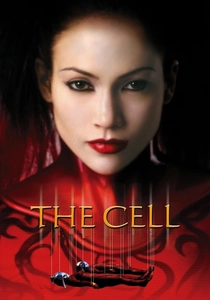
The Cell (2000)
Description: A psychologist enters the mind of a comatose serial killer through an experimental technology, which can be likened to a drug-induced journey into the subconscious.
Fact: The film's surreal visual effects were inspired by the works of H.R. Giger and Salvador Dalí.
 Watch Now
Watch Now
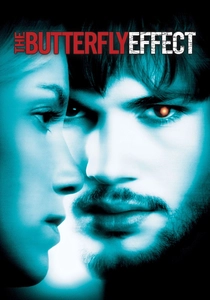
The Butterfly Effect (2004)
Description: The protagonist discovers he can travel back in time through his journals, which can be seen as a form of mental time travel induced by a traumatic event, akin to drug-induced experiences.
Fact: The film had multiple endings, with the theatrical release featuring a darker conclusion than the director's cut.
 Watch Now
Watch Now
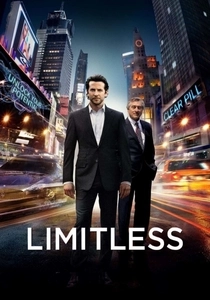
Limitless (2011)
Description: In this film, a struggling writer stumbles upon a mysterious drug called NZT-48, which unlocks the full potential of his brain. The film explores the consequences of having access to 100% of one's cognitive abilities, delving into themes of addiction, power, and the human condition.
Fact: The film was inspired by the novel "The Dark Fields" by Alan Glynn. Bradley Cooper, who plays the lead, gained 18 pounds of muscle for the role to portray the physical transformation his character undergoes.
 Watch Now
Watch Now

The Adjustment Bureau (2011)
Description: While not about drugs per se, the film explores the concept of free will versus fate, where a mysterious organization uses technology to control human behavior, which can be seen as a form of mind control or drug-like manipulation.
Fact: The film was inspired by Philip K. Dick's short story "Adjustment Team," and it features a unique blend of science fiction and romance.
 Watch Now
Watch Now
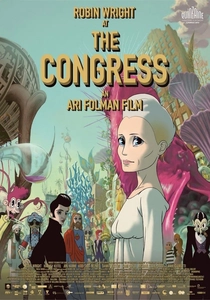
The Congress (2013)
Description: An actress signs over her digital likeness to a studio, which uses it to create a drug that allows users to experience her performances, blending reality with virtual experiences.
Fact: The film is based on the novel "The Futurological Congress" by Stanislaw Lem, and it combines live-action with animation in a unique way.
 Watch Now
Watch Now
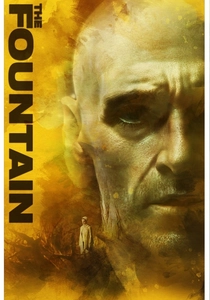
The Fountain (2006)
Description: While not directly about drugs, the film explores themes of immortality and the quest for eternal life, which can be metaphorically linked to the pursuit of the ultimate drug.
Fact: Darren Aronofsky wrote the script in 1999, but it took seven years to get the film made due to its complex narrative structure and visual effects.
 30 Days Free
30 Days Free

